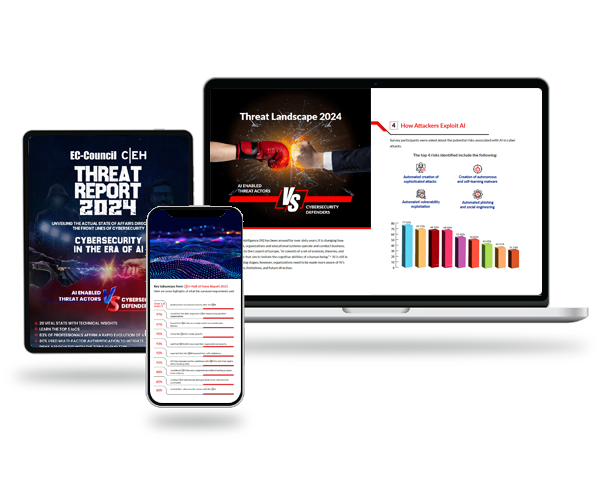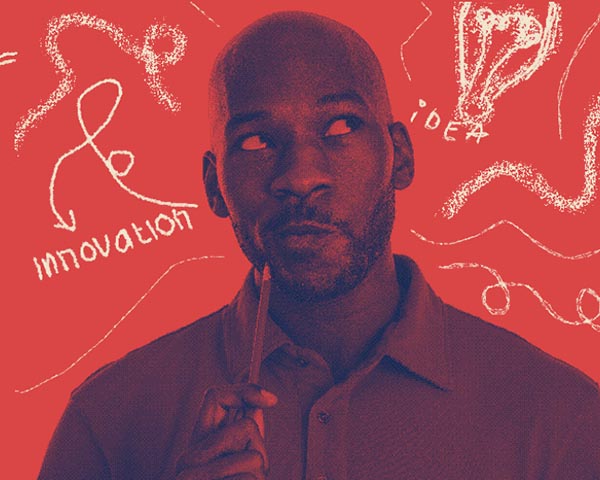- 087 941 5764
- impactful@lrmg.co.za
Articles

Love this. Share it Now!
Embark on a thrilling expedition into Africa’s digital frontier, where the tech skills gap emerges as a defining challenge, compelling us to unite and prioritise the human dimension of progress.
In this riveting multi-part series on potential, we unveil a roadmap for shaping a progressive future for both businesses and individuals across the continent, igniting transformation through the powerful catalyst of technology.
Before we dive into the heart of this narrative, consider the staggering statistics that set the stage for our exploration: an astounding 60% of Africa’s population is under the age of 25. Africa is slated to claim 50% of global population growth by 2050, solidifying its position as the world’s future workforce.
However, the journey ahead is not without challenges – 4 out of 5 African organisations grappled with the negative fallout of skill shortages in the past year alone. Looking to the horizon, a compelling 97% of African organisations anticipate a looming tech skills challenge in the next year.
Our inaugural article peeled back the layers, exposing the roots of Africa’s skills gap – fundamental infrastructural hurdles, a scarcity in the talent pipeline, and a dearth of learning opportunities. While shedding light on the mounting pressures faced by businesses, we also highlighted the extraordinary opportunities for transformative change at the grassroots level.
As we plunge into part 2, we venture even deeper into this dynamic landscape, exploring not only the overarching demand for tech skills but also the localised initiatives undertaken by specific regions and businesses to bridge this critical gap.
Join us on this journey of exploration and anticipation as we unravel the stories of resilience and innovation in the face of a rapidly evolving digital frontier.
The increasing demand for tech skills development in Africa is propelled by a confluence of factors that underscore the continent’s growing reliance on technology for economic advancement. With the rapid pace of digitisation across various industries, there is a pressing need to equip the workforce with the necessary technical expertise to navigate and contribute to the evolving digital landscape.
Additionally, the emergence of innovative startups and the expansion of established tech companies in Africa create a demand for a skilled workforce to drive these enterprises forward. The recognition of technology as a catalyst for socio-economic development has prompted governments and organisations to prioritise the cultivation of tech talents, aiming to bridge the digital divide and position Africa as a competitive player in the global tech ecosystem.
As Africa continues to embrace the Fourth Industrial Revolution, the imperative to nurture a tech-savvy workforce becomes pivotal for sustainable growth and prosperity.
Africa’s diverse regions are responding to the call for tech skills in unique ways. In Nigeria, tech hubs like Yabacon Valley are nurturing a thriving community of startups, offering mentorship programs and access to resources. South Africa’s Silicon Cape is becoming a hotbed for innovation, attracting talent and investments. These regional initiatives are driven by a shared vision of empowering individuals to contribute to the global digital landscape.
A striking 93% of businesses in Africa reported an increased need in the past 12 months.
Delving into the driving forces behind this heightened demand, the statistics reveal a compelling narrative: 62% of African businesses underscore the critical importance of cybersecurity skills, recognizing the imperative to fortify digital defences.
Innovation emerges as a driving force for 52%, reflecting the continuous quest for groundbreaking solutions that propel businesses forward.
Furthermore, 58% attribute the demand surge to the impact of new technologies, signalling a keen awareness of the transformative potential embedded in staying at the forefront of technological advancements.
Enterprises throughout Africa are increasingly realising the necessity to adjust, not only to the rapid evolution of technology but also to the distinctive socio-economic landscapes characterising their regions.
In the words of Strive Masiyiwa, the visionary founder of Econet Wireless, “The future is reserved for those who can envision it, conceptualise it, strategize for it, and bring those plans to fruition.” This statement encapsulates the fundamental shift in mindset essential for businesses and CIOs to not merely endure but flourish in an era marked by digital disruption.
In this dynamic landscape, the concept of RUN (reskill, upskill, new skill) emerges as a crucial paradigm. It underscores the significance of continually reevaluating and enhancing the skill sets within an organisation. To effectively navigate the challenges posed by technological advancements and unique socio-economic contexts, businesses must prioritise the RUN approach. This entails reskilling current employees, upskilling them to meet evolving demands, and incorporating new skills that align with emerging trends.
Moreover, existing businesses confront formidable forces in the quest to bridge the skills gap. The interplay between technological shifts and the socio-economic nuances demands a strategic response. CIOs must grapple with these forces head-on to ensure their organisations not only keep pace with the changing landscape but also proactively shape it. By acknowledging and addressing these challenges, businesses can position themselves to harness the opportunities embedded in the digital era.
In the pursuit of a future-ready fusion of talent and technology, the path to high performance necessitates empowering employees with enabling technology. However, the business landscape is strewn with instances of squandered investments in systems that are either underutilised or neglected. It’s crucial to recognize that the latest and most advanced technology, on its own, cannot substitute for a dedicated and engaged workforce.
Beyond the boardrooms, the human aspect of progress takes centre stage. In Ghana, companies like Andela are investing in developing software engineering talent, fostering a community of skilled professionals. In Senegal, initiatives like Dakar Digital Academy aim to provide accessible tech education, ensuring that the benefits of the digital revolution are widespread and inclusive. These human-centric efforts showcase the commitment to nurturing the people behind the machines.
The journey into Africa’s digital future requires a recalibration of approaches and mindsets. Businesses must acknowledge the symbiotic relationship between technology and human skills. Investing in soft skills, such as communication, collaboration, and adaptability, is as crucial as imparting technical know-how.
Businesses must embrace the diversity of skills and experiences that individuals bring to the table, recognising that true innovation stems from the collaborative efforts of a multifaceted workforce.
As we conclude this edition of our exploration into Africa’s tech skills gap, the underlying theme emerges clear — the human aspect of progress is inseparable from the technological revolution. For the next instalment, we will delve deeper into why skills development, talent and youth empowerment is so critical in the African context, and we ask what kind of skills are critical to meeting not only this need, but fundamental growth and improvement as well.
The journey to Africa’s digital future is about more than just machines; it is about the progress, resilience and innovation necessary to shape a digital future that’s reflective of Africa and her people.





















































